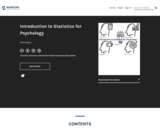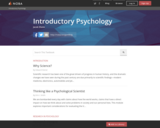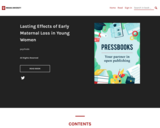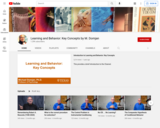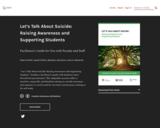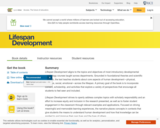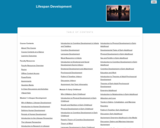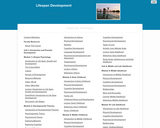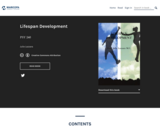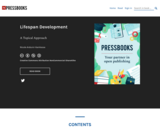Short Description:
This work was created as part of the University Libraries’ Open Educational Resources Initiative at the University of Missouri–St. Louis.
Long Description:
The contents of this work have been adapted from the following Open Resources: An Introduction to Psychological Statistics (https://irl.umsl.edu/oer/4/). Garett C. Foster, University of Missouri–St. Louis. Online Statistics Education: A Multimedia Course of Study (http://onlinestatbook.com/). Project Leader: David M. Lane, Rice University.
Changes to the original works were made by Dr. Linda R. Cote, Professor of Psychology, Marymount University, Arlington, Virginia; Dr. Rupa G. Gordon, Associate Professor of Psychology, Augustana College, Rock Island, Illinois; Dr. Chrislyn E. Randell, Professor of Psychology, Metropolitan State University of Denver, Denver, Colorado; Judy Schmitt, Reference Librarian, University of Missouri–St. Louis; and Helena Marvin, Reference Librarian, University of Missouri–St. Louis. Materials from the original sources have been combined, reorganized, and added to by the current authors, and any conceptual, mathematical, or typographical errors are the responsibility of the current authors.
Cover image: “A Crushing Decision” by Lew (tomswift) Holzman/Flickr is licensed under CC BY-NC-ND 2.0. This work is licensed under a Creative Commons Attribution-NonCommercial-ShareAlike 4.0 International License.
Word Count: 78847
(Note: This resource's metadata has been created automatically by reformatting and/or combining the information that the author initially provided as part of a bulk import process.)
